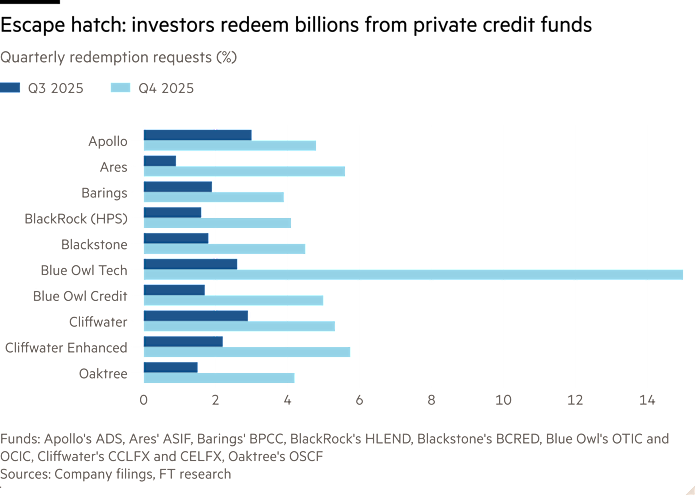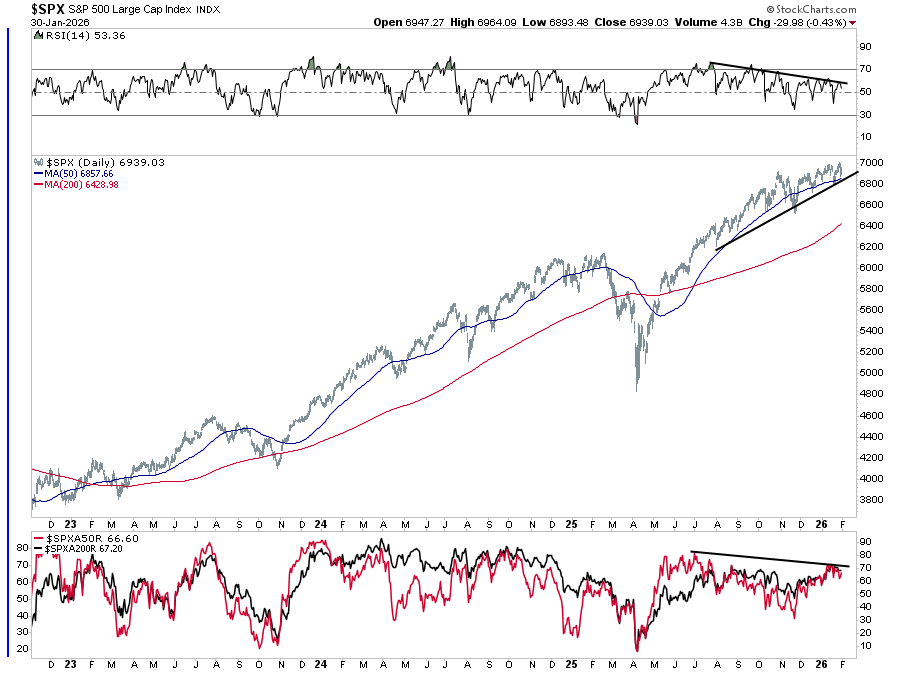
© Elenaphotos | Dreamstime.com
Next year the canton of Geneva plans to spend CHF 9,143 million. However, forecast revenue is only CHF 8,553 million, leaving a shortfall of CHF 590 million, according to a cantonal government press release.
The canton’s finances have been hit hard from both sides.
Costs will rise significantly, mainly due to the bailout of the state employee pension fund (+213 million) and higher health insurance subsidies (+176 million).
In addition, the canton’s budget includes increased spending on hospitals (+49 million) and government staff (+54 million).
At the same time revenue will be CHF 186 million lower because of company tax changes, which will kick in next year.
In May 2019, a majority of voters in Geneva (58.21%) voted in favour of a package of changes including a new lower universal company tax rate of 13.99%. The lower rate is designed to offset the removal of special tax arrangements for foreign companies based in the canton. There were fears that previous rate of 24% would prompt some of these companies to leave.
In a debate on RTS, Yvan Zweifel (PLR) says the focus ought to be on reducing costs. According to him, spending has increased (+54%) at twice the rate of population growth (+24%) over the last 20 years. And despite doubling, revenue has still not been able to keep up with spending. He would like to see spending increases capped. If the population grows by 1% then spending can rise by 1%. Caroline Marti (PS) diagrees. She thinks population growth is only one driver of costs, pointing to aging as another factor. She favours tax increases, for example increasing wealth and property tax by updating home valuations.
Geneva has Switzerland’s second highest per capita public spending after Basel-City. In 2018, spending was spread across culture, sport and leisure (30%), welfare (15%), financing (13%), security (12%), administration (12%), transport (7%), education (6%) and the environment (5%).
At the end of 2018 the canton had CHF 11.8 billion of debt.
Full story here Are you the author? Previous post See more for Next postTags: Editor's Choice,Geneva,newsletter,Personal finance,Politics



































